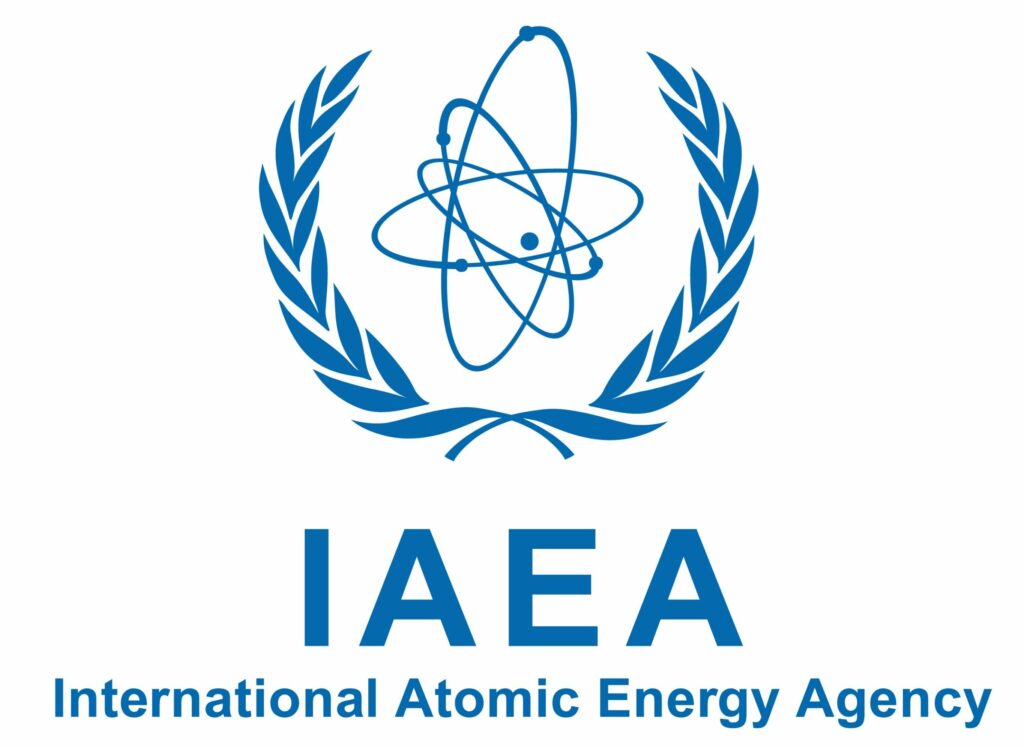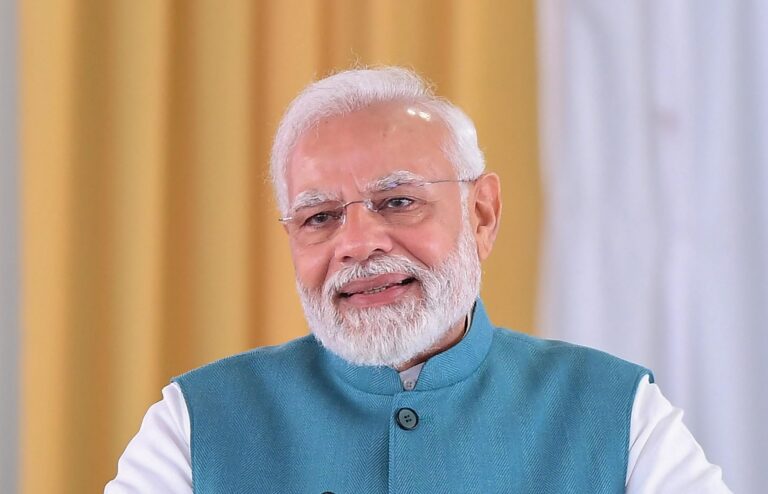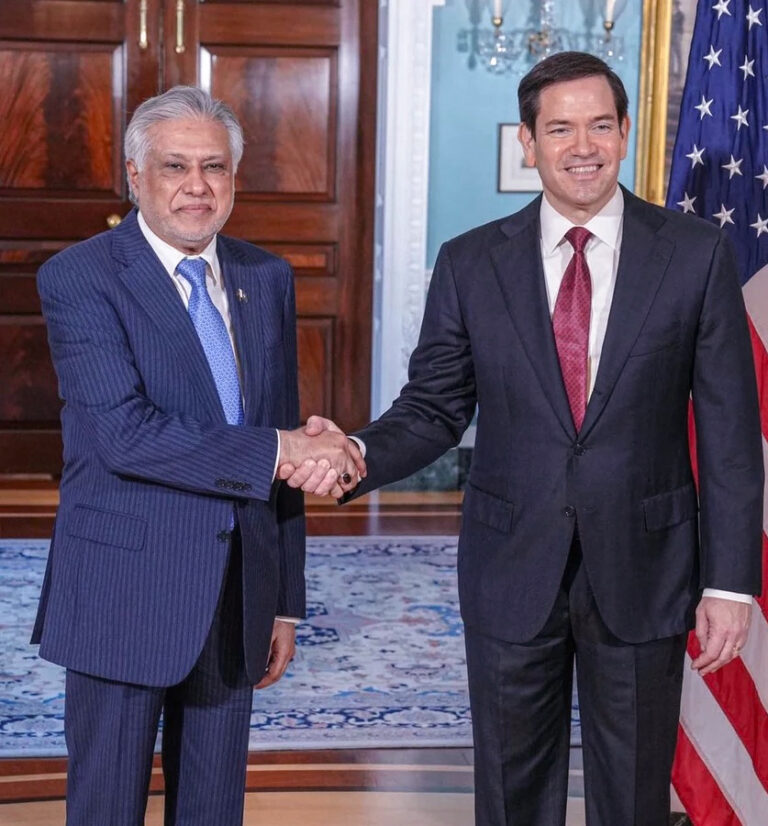
On May 12, DGAO Air Marshal AK Bharti confirmed that the Indian armed forces did not target the nuclear facility at Kirana Hills in Pakistan.
Days after India rebutted reports that Pakistan’s Kirana Hills area that reportedly houses a nuclear facility was hit during one of the airstrikes during Operation Sindoor, the International Atomic Energy Agency (IAEA) has also confirmed that there has been no radiation leak from any nuclear facility in Pakistan
The spokesperson of the global nuclear watchdog replied to a query by the newspaper regarding any radiation spill reported to the IAEA’s Incident and Emergency Centre on Tuesday. It said, “We are aware of the reports you are referring to. Based on information available to the IAEA, there has been no radiation leak or release from any nuclear facility in Pakistan.”
According to the IAEA, its ‘Incident and Emergency Centre’ is the global focal point for international emergency preparedness, communication and response to nuclear and radiological incidents and emergencies, regardless of whether they arise from accident, negligence or deliberate act.
IAEA’s response echoes what the US Department of State’s principal deputy spokesperson Tommy Pigott implied on May 13. When asked during a press briefing if the US would be sending a team to Pakistan following the reports of nuclear radiation leaks at some secure Pakistani sites, Pigott stated that he had no updates to share.
What IAF said
Addressing a press conference on Monday, May 12, director general of air operations Air Marshal AK Bharti confirmed that the Indian armed forces did not target the nuclear facility at Kirana Hills in Pakistan.
Responding to a query during the press conference, Bharti cheekily said, “Thank you for telling us that Kirana Hills houses some nuclear installation. We did not know about it. And we have not hit Kirana Hills, whatever is there.”
The Kirana Hills is a vast rocky mountain range and a designated area under Pakistan ministry of defence in Sargodha district. Locally referred to as the “Black Mountains” due to its brownish terrain, it stretches between the township of Rabwah and the city of Sargodha.
A day later, ministry of external affairs spokesperson Randhir Jaiswal also made the same clarification onTuesday. When asked about social media speculations on ‘nuclear leakage’ in Pakistan after the Indian strikes, Jaiswal said, “Those are questions for them (Pakistan) to answer, not for us. Our position was made very clear during the defence briefing. As for your question, the Pakistani minister has already made some remarks on that.”
“Our military action was entirely within the conventional domain. There were some reports suggesting that Pakistan’s National Command Authority would convene, but those were later denied. In fact, Pakistan’s government representatives have officially denied this on record,” he added.
India-Pakistan agreement
Under the ‘Agreement on the Prohibition of Attack against Nuclear Installations and Facilities between India and Pakistan’, both the countries inform each other of the nuclear installations and facilities on the first of January of every calendar year. The agreement was signed on 31 December 1988 and entered into force on 27 January 1991.
On 1 January, 2025 too, the 34th consecutive exchange of such lists took place between the two countries. The first exchange of the lists happened on January 1, 1992.




